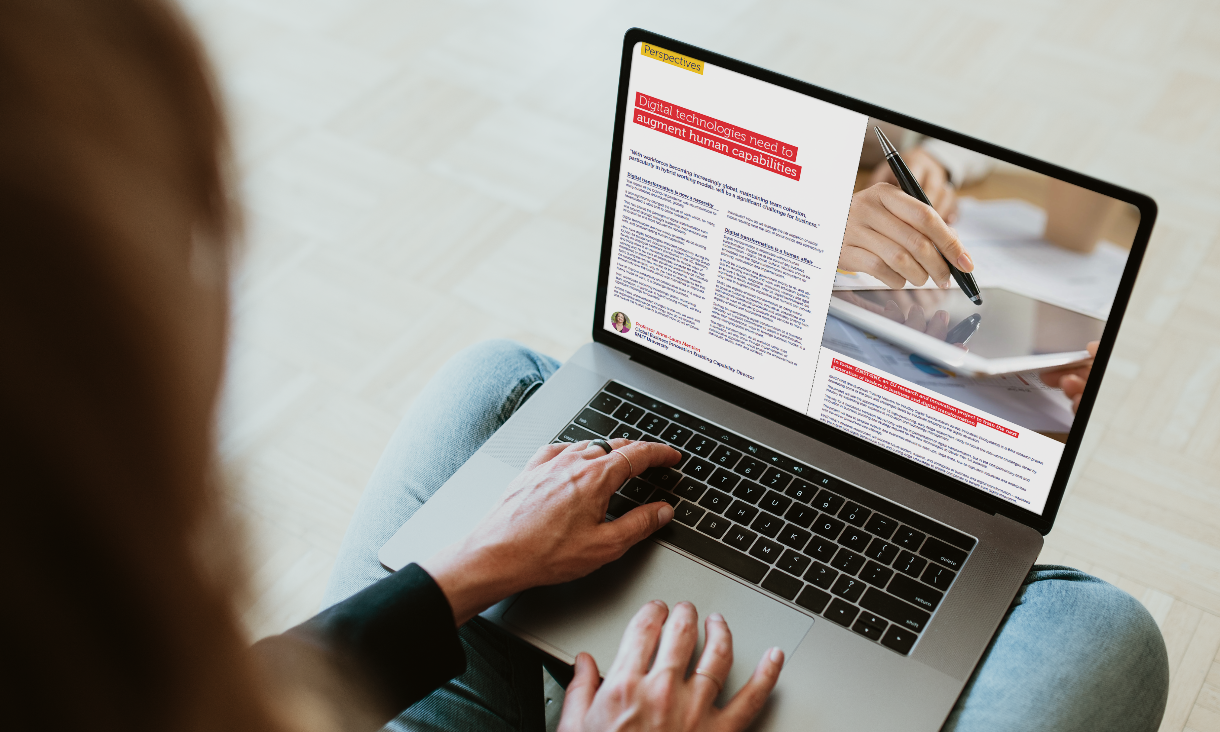New research published in the Annual Review of Organizational Psychology and Organizational Behaviour found a pattern of proactive employees initiating the wrong types of change, even costing their organisation money.
Study co-author from RMIT University’s School of Management, Dr Lena Wang, said the same proactive staff who were highly valued for driving innovation and generally getting things done, could easily become a liability.
“Proactive staff can sometimes initiate the wrong change, such as introducing a quality management system that doesn't suit their organisation’s need and bringing unnecessary cost with it,” says Wang.
“We saw examples of proactive staff negotiating a better workload for themselves, only to offload tasks onto their peers, or proactive staff taking on too many new projects, then burning out and leaving the team in a lurch.”
The researchers from RMIT University, Curtin University and the University of Western Australia reviewed nearly 100 academic papers on proactivity to identify successful ways of avoiding these common traps.
1. Focus on relationship between task and strategy
Employees need to consider tasks in relation to the strategy of their organisation when being proactive.
If the change doesn’t support the organisation's strategy or allow people to better carry out tasks that do, what's the point and why are you doing it?
Employees need to consider whether proactivity is needed in the situation and – if it is – what type of change is needed. There is no point introducing some new system simply because someone else is doing it.
2. Consider social and relational dynamics
“As obvious as it may sound, many proactive staff do not fully consider how their proactivity affects others,” says study lead author Professor Sharon Parker from Curtin University.
Ask yourself whether you’ve considered other people’s views about these ideas? Your idea for a new process might be great, but what about your colleague who’s just spent months working on it?
Force yourself to ask how your supervisor or team mates will react to your planned change. If you don’t, you risk leaving a trail of destruction behind you, regardless of how smart the changes are you want to make.
“Proactivity that is considerate of others’ needs is more likely to be welcomed by others, and thus achieve better outcomes,” Parker says.
3. Take the time for self-regulation
The study found proactive staff especially need to dedicate time and energy to managing their own feelings and interests.
Some problems are simply not yours to solve: try asking yourself whether you are actually the right person to be proactive given your interest, expertise and resources.
Consider which battles are worth fighting and which are better fought by others: perhaps focus on supporting them instead?
If you are going to charge on ahead, how can you make sure you are working smarter and not just harder? Optimize your time to achieve this proactive goal effectively and avoid burnout.
And how are you planning to stay on track if things go awry, or defend yourself against project creep?
You need to engage in proactivity that you are passionate about, and in ways that will enable you to learn and grow, rather than simply rushing into everything and burning yourself out.
A balancing act
Most importantly, the researchers found, these three aspects need to be balanced to ensure proactivity is done wisely.
“We have seen people who are proactive, but only benefiting themselves and rarely considering the situation or needs of others," says Wang.
"This is not wise and will not lead to effective results.
“Wise proactivity means striving to consider the context, as well as impacts on others and yourself simultaneously.”
The researchers made the following recommendations:
- Proactive staff should receive training or advice on how to simultaneously consider and balance these three aspects in order to be smart in their proactivity.
- Managers of proactive staff need to be aware of this balancing act, so they can support these staff to develop their strategic thinking and consideration of others.
- Recruiters should consider, when dealing with applicants identified as proactive, their ability to balance these three aspects.
The study by Professor Sharon Parker at Curtin University with RMIT University’s Dr Lena Wang and Dr Jenny Liao from the University of Western Australia was published in the Annual Review of Organizational Psychology and Organizational Behaviour with DOI: 10.1146/annurev-orgpsych-012218-015302.
Story: Michael Quin




